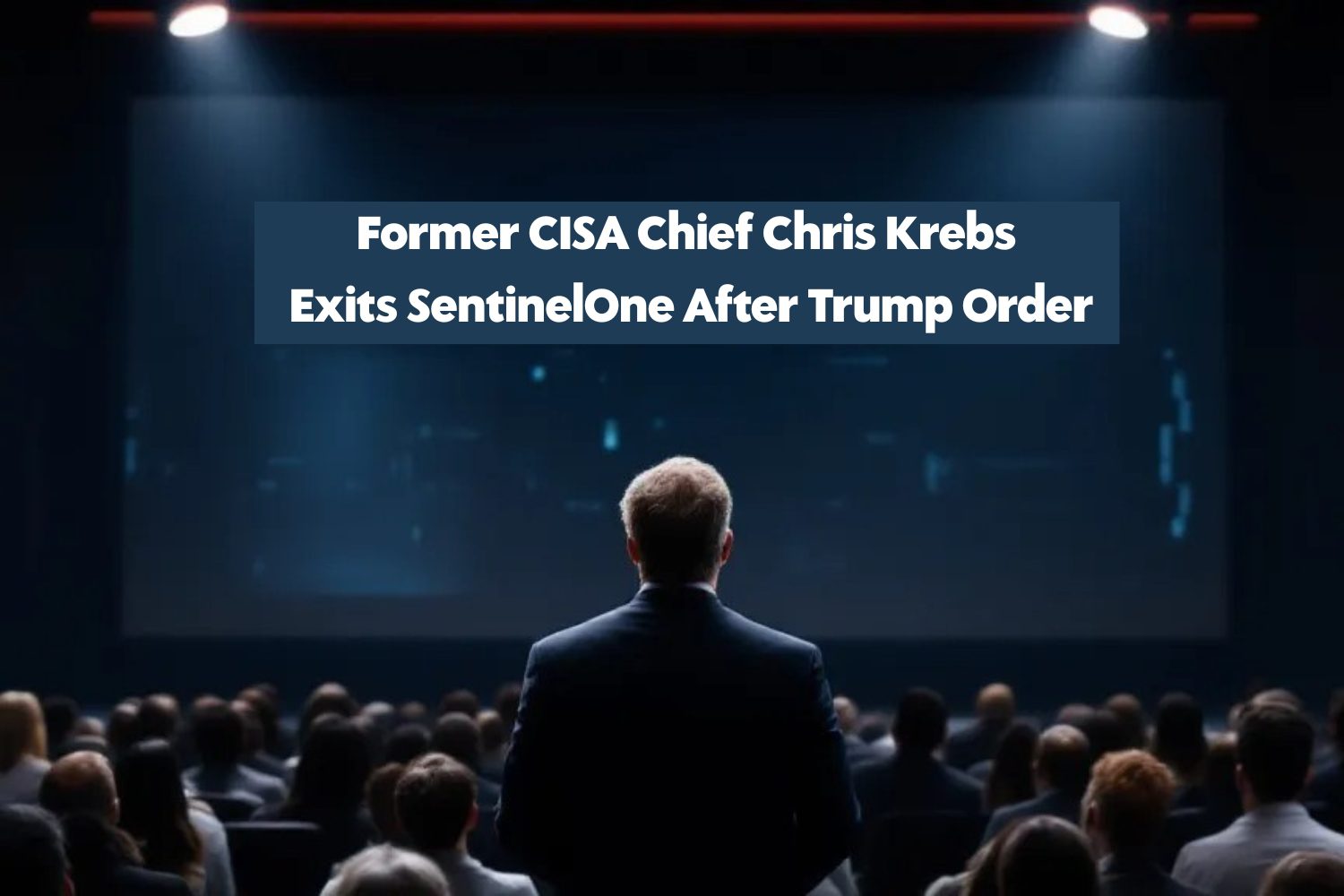Chris Krebs, former director of the Cybersecurity and Infrastructure Security Agency (CISA), has resigned from his position as chief intelligence and public policy officer at SentinelOne. The departure follows a presidential order by Donald Trump to investigate Krebs’ past actions during his CISA tenure and the revocation of his security clearances.
The executive order, issued by Trump, not only targeted Krebs but also affected other SentinelOne employees, whose security clearances were suspended pending review. This action comes as part of a broader campaign against Krebs, who had previously validated the security of the 2020 U.S. presidential election.
Krebs’ distinguished career in cybersecurity leadership included serving as CISA director from 2018 to 2020, where he played a pivotal role in safeguarding the 2020 election integrity. His public declaration of the election as “the most secure in American history” directly challenged Trump’s allegations of voter fraud, ultimately leading to his dismissal via social media.
During his tenure at SentinelOne, Krebs brought valuable expertise in cybersecurity policy and intelligence. His decision to resign stemmed from a desire to address the allegations independently, without potentially impacting his employer’s operations or reputation.
SentinelOne CEO Tomer Weingarten expressed support for Krebs, praising his commitment to transparency and integrity. Alex Stamos, founder of the Krebs Stamos Group, also voiced strong support, condemning the attacks on Krebs and emphasising the importance of defending constitutional values.
The presidential order to revoke security clearances represents a continuation of actions targeting former officials who have contested Trump’s election claims. This situation highlights the growing intersection between cybersecurity leadership and political pressures in government agencies.
The implications of Krebs’ departure extend beyond individual circumstances, raising important questions about the independence of cybersecurity agencies and the protection of democratic processes. It underscores the challenges faced by government officials who maintain positions contrary to political narratives.
As this situation develops, it may establish significant precedents for how political investigations can affect the careers of public figures in critical infrastructure. The outcome could influence future discussions on the balance between government oversight and the independence of cybersecurity professionals.
News Source: CNBC









